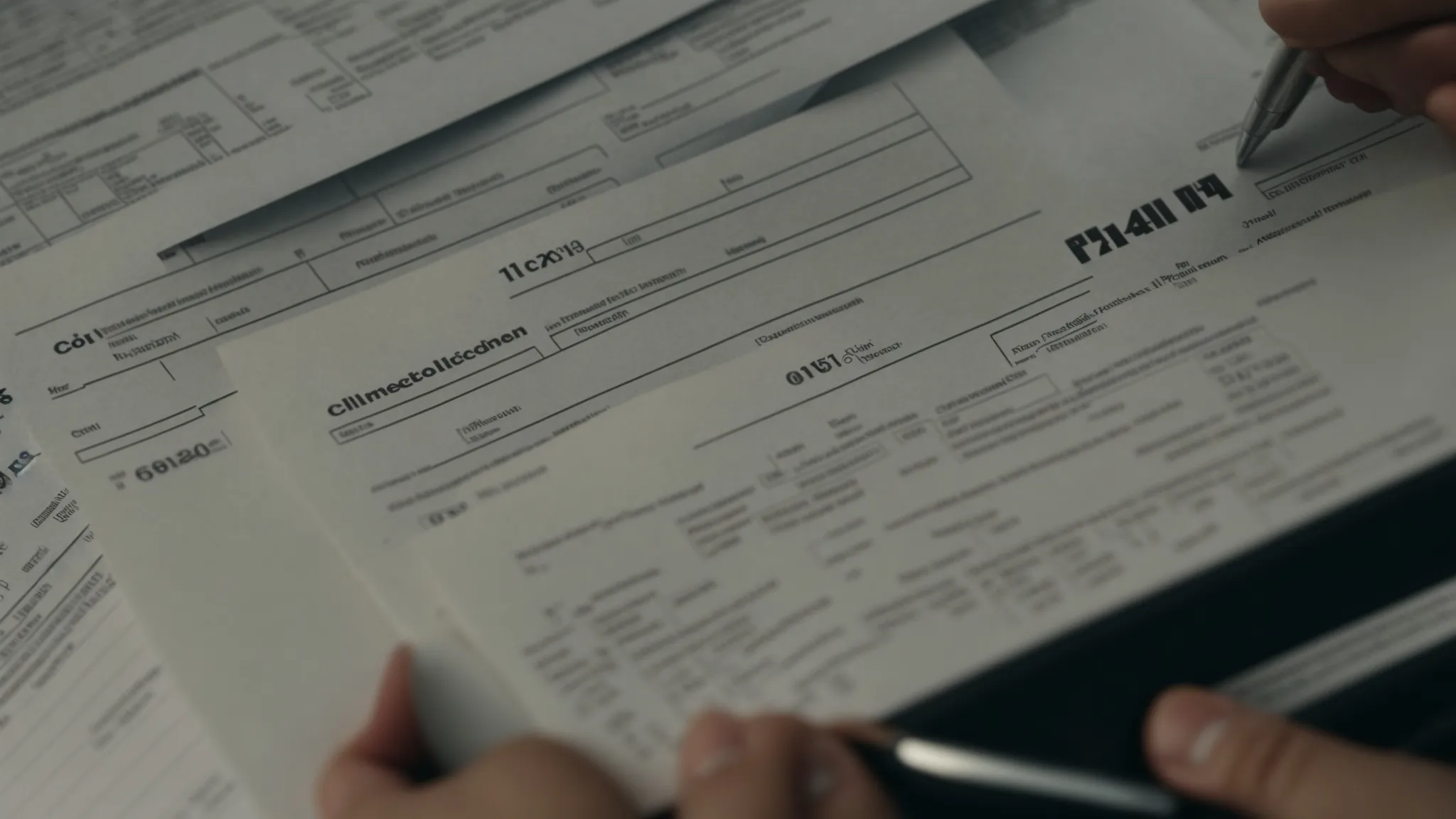As a university student, you’re hard at work building your future. You’re doing your best to study and succeed in school, and those are crucial elements for your bright future. But your career will depend on more than just a great educational track record. In fact, in the not-too-distant future, you may find yourself in a job interview with a would-be employer who doesn’t care about your grades — as many experts will tell you, grades are more important to the company that will hire you right after you graduate. You need great grades in order to put yourself on the right trajectory, but building on your success will require something else.
In order to make it big, you’ll need to have the right attitude, the right habits, and the right reputation. All of those are things that you can — and should — start building right now, while you’re still in school. Make the most of your time in school. Start planning your career and building your resume, your reputation, and your professional skills.
Standing out from the crowd
Getting good grades are important, and you shouldn’t let anyone tell you otherwise. But your academic success matters most when it sets you apart from your peers. That’s why you should strive not just to succeed, but to differentiate.
Take presentations, for example. As a good student, you’ll be all over your subject. You’ll do the research that is necessary, you’ll create great visual aids, and you’ll have your presentation down to a science by the time the big day arrives. But there’s still more that you can do in order to establish your professionalism and your dedication to the task at hand. Dressing well is a key part of presenting well. As is providing well-put-together materials — materials that you may want to customize. Perhaps your presentation’s handouts can be put in custom printed folders. Maybe a custom binder is more appropriate. Whatever you settle on, this is the kind of extra detail that will impress a professor. It’s also the sort of thing that you may someday do to impress a client, a boss, or your peers in a professional setting.
Making connections
When you stand out from the crowd, professors will notice you. That custom printed folder is a minor expense that will catch your professor’s attention. It will help your grade, and that might not be all. If you can make a connection with your professor, you could draw on their advice and support for years to come. Friendships in professional and academic settings are the result of networking. And networking is an art and a skill. Just as good social skills help people make friends in college, so do polished networking skills that help people build professional networks.
A professional network is absolutely vital to your long-term success. When you have connections in your business area and beyond, you’ll have lots of people to turn to for advice, opportunities, and favors. And if you do the same for them, you’ll forge stronger and even more valuable connections. College is the perfect time to start building these connections. You’ll gain a fledgling professional network and hone your skills for all the networking that you’ll do in your professional years.
Protecting your reputation
The high-tech world that we live in is highly connected. That can be good for things like networking, but it can also be terrible for your reputation. Time after time, we’ve witnessed the falls of professionals and public figures whose online behaviors embarrassed them. Some of these people did terrible and unique things, but others have been guilty of behavior that — while often still reprehensible — is far from uncommon.
The most important thing that you can do for your reputation is to behave properly and practice respect, but it’s important to remember that even relatively innocent mistakes can harm your reputation. Posting photos of you out partying late on a weekday or bad-mouthing a professor or colleague can have long-term negative consequences on your professional reputation. In other words, social media mistakes can ruin careers.
Keep your private information secure. With photos, your best bet is to use an online cloud photo storage system, rather than social media photo albums. You can still share some photos on social media sites, but a secure cloud storage system will keep all of your photos safe (and in higher-quality files than social media sites allow). Plus, keeping your photos off of local hard drives is a good security measure. If you use cloud photo storage, then someone who steals your laptop won’t suddenly have access to all of your private photographs.
Similarly, using cloud storage could help you protect documents and files of other sorts. You may also want to consider investing in a VPN service to make your web browsing more private. You will most certainly want to clear out your social media presence and take a good long look at those privacy settings.
If you live a mindful and professional life, your online presence will reflect that. Still, you need to make sure that you’re taking basic steps to protect yourself. With your reputation intact, your determination to stand out from the crowd and your sharp networking skills will have nothing to hold them back.










